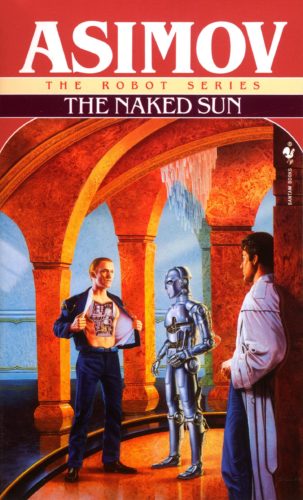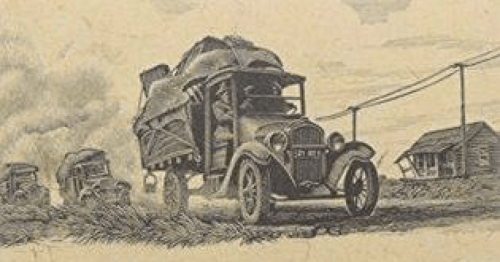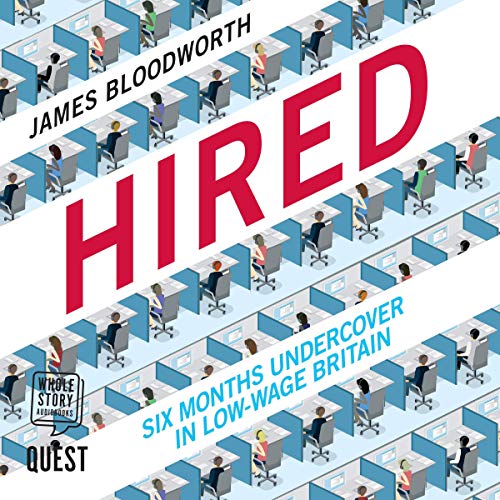
There’s not much to do in Iowa City other than read – or make cloth masks – given the fact of coronavirus and COVID-19. As I said earlier, one of those recent books is The Naked Sun by Isaac Asimov. I dropped a hint in the earlier post that The Naked Sun is relevant to our current situation. How? By revealing the slow social disintegration of the planet Solaria.
Let’s think a bit more about that.



